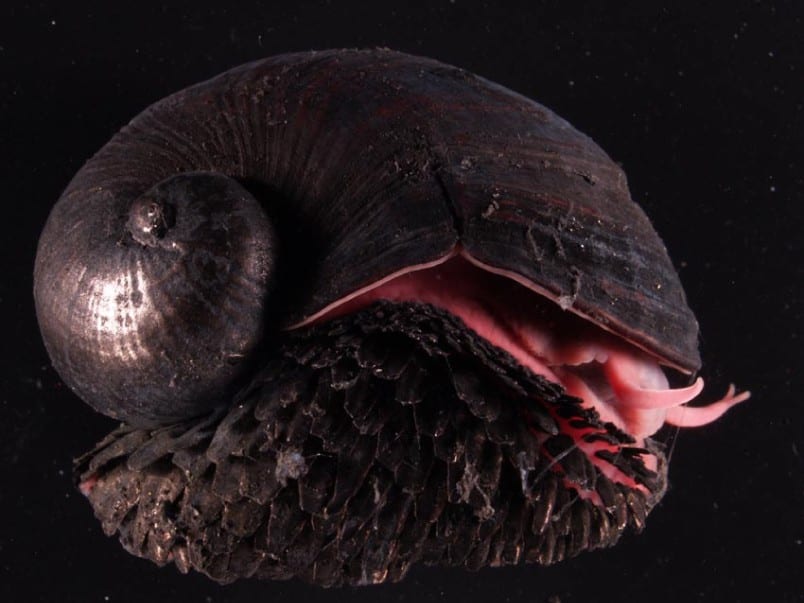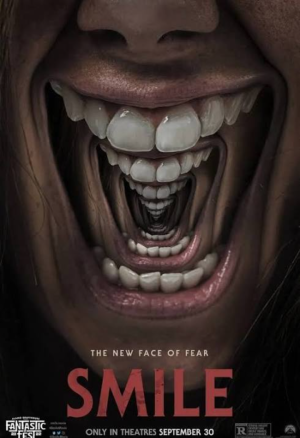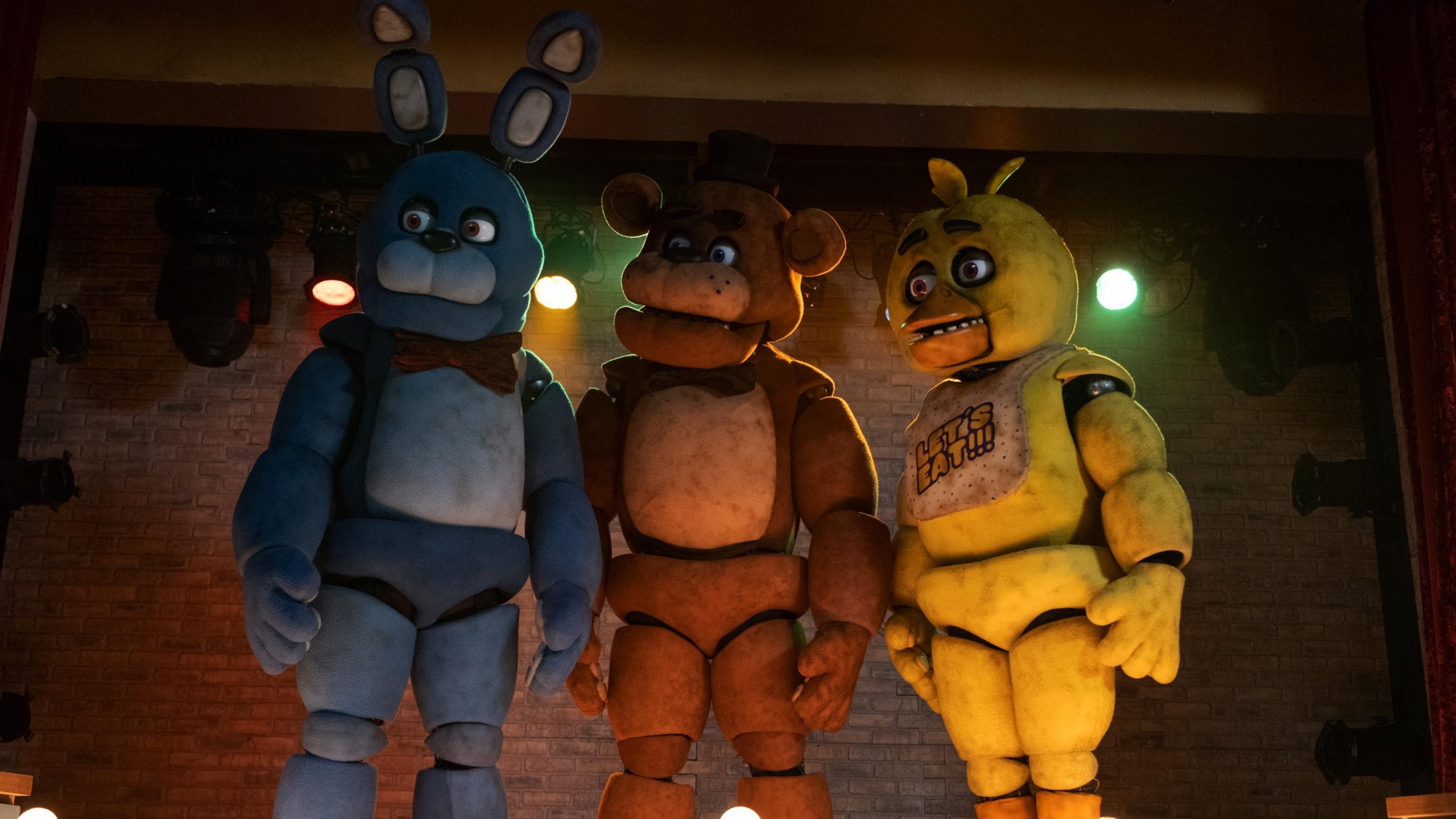“His routine disrespect for authority made him a target.”
Nate Bobowski has witnessed firsthand the discrimination that punk rockers can endure. Andrew “Day-Day” Despres, a former Fitchburg State University student and a close friend of Bobowski’s, was a self-proclaimed punk rocker who was expelled from the school after marijuana and a knife were found in his room. After returning to the school to collect his belongings, Despres was arrested for trespassing, but upon finding a fake ammunition belt that he was wearing, police charged Despres with possession of ammunition without a firearms license, resulting in a judge setting his bail at $50,000. After much protest, this was reduced to $500, but many friends of Despres and fellow punk rockers believe that he faced discrimination based on his fashion choice and subcultural association.
The punk rock subculture originated in the late 1970s, marked by loud music, contempt for authority, and harsh, youthful rebellion. As with any subculture, punk rock eventually encompassed much more than a style of music. The subculture gained its own fashion sense, including a unique style of dress and various punk rock hairstyles. Multi-colored hair could be seen at concerts, arranged into flamboyant and noticeable patterns, such as “mohawks” and “liberty spikes.” An anti-consumerist, anti-authoritarian, and often anti-capitalist ethos pervaded the rebellious subculture, which began to employ homemade pins and patches sewn onto leather jackets, combat boots, and tight pants. The term “DIY” came about to describe this “do-it-yourself” ethic and has since become well recognized by self-identifying punks.
After his expulsion and arrest, Despres received vast support from fellow punk rockers at Fitchburg State University, including Bobowski, who frequently collaborated with Despres on film projects. Bobowski identifies with and enjoys the aesthetic appeal of the music and fashion of punk rock, remarking, “I identify as punk because I like the music and the sense of desperation that comes with it, and I like punk because it recognizes the righteous rage I feel.” In addition, Bobowski points out the unity and sense of belonging that the subculture provides. “It makes us feel like we belong, like we are unified and are part of something,” he says. “We are allowed to be angry at the world and we’ve got our friends beside us, and we can all scream the words in one massive voice.”
Touching on Despres’ arrest and the controversy surrounding the fake ammunition belt, Bobowski has stated “I considered it part of his character. He had worn it to class, he had worn it in private, he had worn it in public, and he had worn it because, as far as I could tell, it was the one belt he owned. They slammed him with ammunition possession for dead ammo and set his bail at $50,000. This is where the heroes come in; we all were in the trenches but some of us shone much brighter than others. His friends made the public aware, and some of us at the time managed to get some media.”
Rachelle del Aguila, a 19-year-old Suffolk University student and punk rocker, featured Despres on her punk rock radio show. “We brought on Day-Day Despres as a featured guest to discuss his house arrest and the events leading up to it,” del Aguila says. “We strongly supported Day-Day’s position because we truly and fully believe in the idea to express yourself as whoever you want to be no matter what. His bullet belt is not the sole definition of who he is as a person because he is so much more. Equality is the true essence of what punk really means, and it is noticed when you go to concerts. If someone falls, people help pick them right back up.”
Despres also believes that his subcultural association and subsequent fashion choices were indeed the main reasons behind his dismissal from the school. “They found one of the few punk kids on campus and harassed me until I was literally forced out of their school and thus sent to jail,” Despres says. “It’s just an ignorant way of thinking to find any minority and then immediately discriminate against them based on their appearance. How is my situation any different than racism or fascism? They judged me on my appearance and were afraid because I look different and made me pay for it.”

















